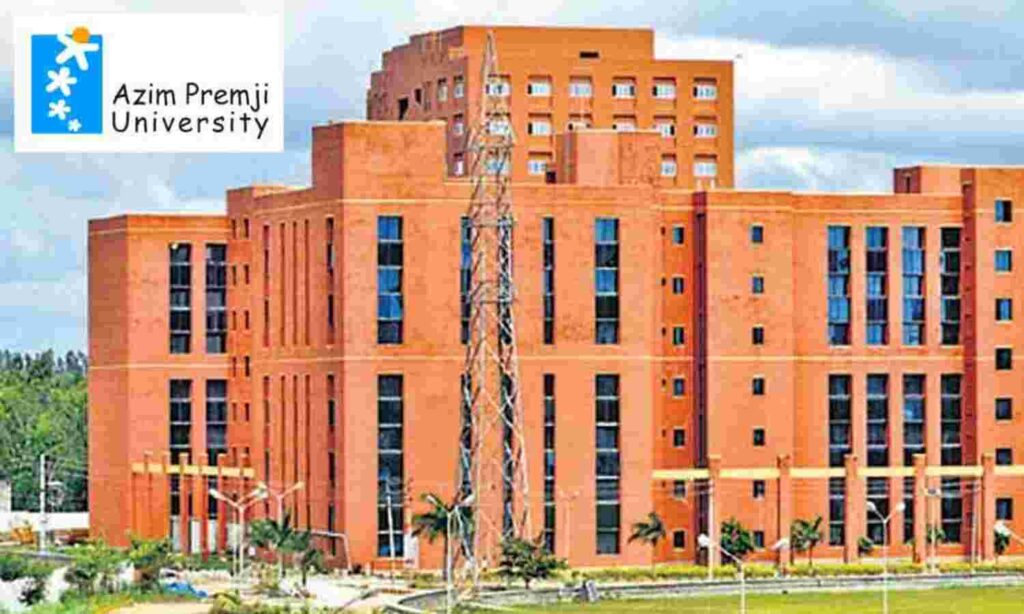About 60 lecturers from Azim Premji University are currently undergoing a five-day workshop on how to set question papers for the II Pre-University (PU) examinations. The focus of the training is on designing competency-based questions that will be incorporated into the papers.
This year, there have been changes to the assessment pattern for II PU. Instead of the usual 100 marks, the final papers will now be out of 80 marks. The remaining 20 marks will be for internal assessment, which will be evaluated by the respective colleges. Previously, internal assessment was only present in science subjects.
The training program is being attended by 60 lecturers, with two representatives from major subjects and one from subjects that have fewer students. The question papers from the Central Board of Secondary Education (CBSE) and other states will serve as references. After discussions with board officials, blueprints and model question papers will be created and uploaded on the website for all colleges to utilize.

The workshop aims to design competency-based certification exams that assess skills such as logical thinking, analytical thinking, and data interpretation. The participating teachers will gain an understanding of how to create questions that evaluate these competencies. This capacity-building activity is essential as the question paper designers are also teachers who can implement pedagogical reforms accordingly, as stated by Aanchal Chomal, leader of the Institute of Assessment and Accreditation (IAA) team at Azim Premji University.
In addition to assessing competencies, it is crucial for the teachers to ensure that the question paper is fair and equitable for all students, given the diverse backgrounds of the test-takers. As part of the workshop, teachers are reviewing past question papers, analyzing papers from other boards, and critically reflecting on their own previous papers.
Azim Premji University has organized similar workshops for the CBSE, Assam, and Tripura boards in the past. Ramachandran R, chairman of the Karnataka School Examination and Assessment Board (KSEAB), shared that efforts are being made to create a student-friendly question paper. The aim is to include competency-based questions while maintaining a balance and ensuring that all sections of students feel comfortable with the exam.




